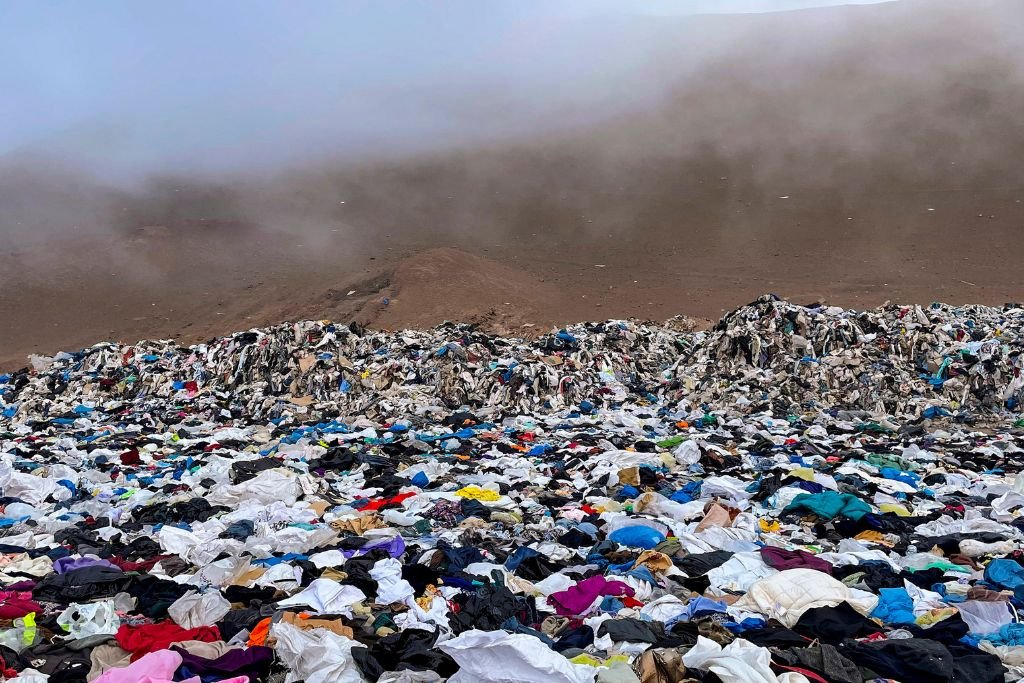SHEIN, a global fast fashion giant, has faced significant backlash in recent years for its environmental impact, particularly concerning pollution. With the rise of eco-conscious consumerism, the brand's rapid production model is being scrutinized for its contribution to environmental degradation. Here's a deep dive into the recent issues SHEIN is facing related to pollution and what it means for the future of fast fashion.
The Problem with Fast Fashion
SHEIN’s business model revolves around producing trendy, affordable clothing at an incredibly fast pace, offering thousands of new products daily. While this appeals to consumers looking for affordable and trendy clothing, the environmental cost is substantial.
- Excessive Waste: The fast fashion industry generates massive amounts of waste. According to recent reports, the majority of clothing produced by companies like SHEIN is made from synthetic materials like polyester, which are derived from fossil fuels. These garments shed microplastics into the environment when washed and do not biodegrade, contributing to long-term environmental damage.
- Water Pollution: The textile industry is notorious for its water usage and pollution, and SHEIN is no exception. The dyeing process for synthetic fabrics used in SHEIN’s clothing releases toxic chemicals into water systems, affecting marine life and contaminating local water supplies. This pollution has raised alarms in countries where SHEIN’s products are manufactured, many of which have less stringent environmental regulations.
- Carbon Emissions: The brand’s focus on rapid production and shipping contributes to high carbon emissions. SHEIN’s global supply chain relies heavily on air freight, which is one of the most carbon-intensive forms of transport. The brand’s reliance on synthetic fibers, which are energy-intensive to produce, further exacerbates its carbon footprint.
Recent Criticism and Investigations
In recent months, several investigative reports have uncovered the extensive environmental harm caused by SHEIN’s operations. Activist groups and environmental organizations have raised concerns about SHEIN’s unsustainable business practices, pushing for greater transparency and accountability.
- Greenwashing Allegations: SHEIN has tried to address concerns by launching sustainability initiatives, such as using recycled fabrics in some products. However, many critics argue that these efforts are minimal compared to the overall scale of the company’s environmental impact. The brand has been accused of "greenwashing"—using superficial eco-friendly measures to distract from its larger environmental footprint.
- Calls for Regulation: As the demand for fast fashion grows, so do the calls for stricter regulations on the industry. Environmental activists are urging governments to hold companies like SHEIN accountable for the pollution they cause, advocating for higher taxes on synthetic materials and stricter waste management policies.
What’s Next for SHEIN and Fast Fashion?
The growing criticism of SHEIN’s environmental impact is leading many consumers to reconsider their fashion choices. Brands with more sustainable practices are gaining traction, and consumers are increasingly seeking out eco-friendly alternatives. If SHEIN is to survive in this changing landscape, it may need to drastically rethink its production model.
Ultimately, the future of fast fashion—and SHEIN’s place in it—depends on whether the brand can balance profitability with a genuine commitment to reducing its environmental impact. Until then, the debate around SHEIN and pollution continues to highlight the darker side of the fast fashion industry.
Conclusion
SHEIN’s rapid growth comes with a heavy environmental cost. From excessive waste and water pollution to massive carbon emissions, the brand’s production practices are contributing to the global pollution crisis. As consumers become more aware of these issues, the pressure on SHEIN to change its ways will only increase. How the brand responds to these challenges will determine its future in a more eco-conscious world.


Leave a comment
This site is protected by hCaptcha and the hCaptcha Privacy Policy and Terms of Service apply.